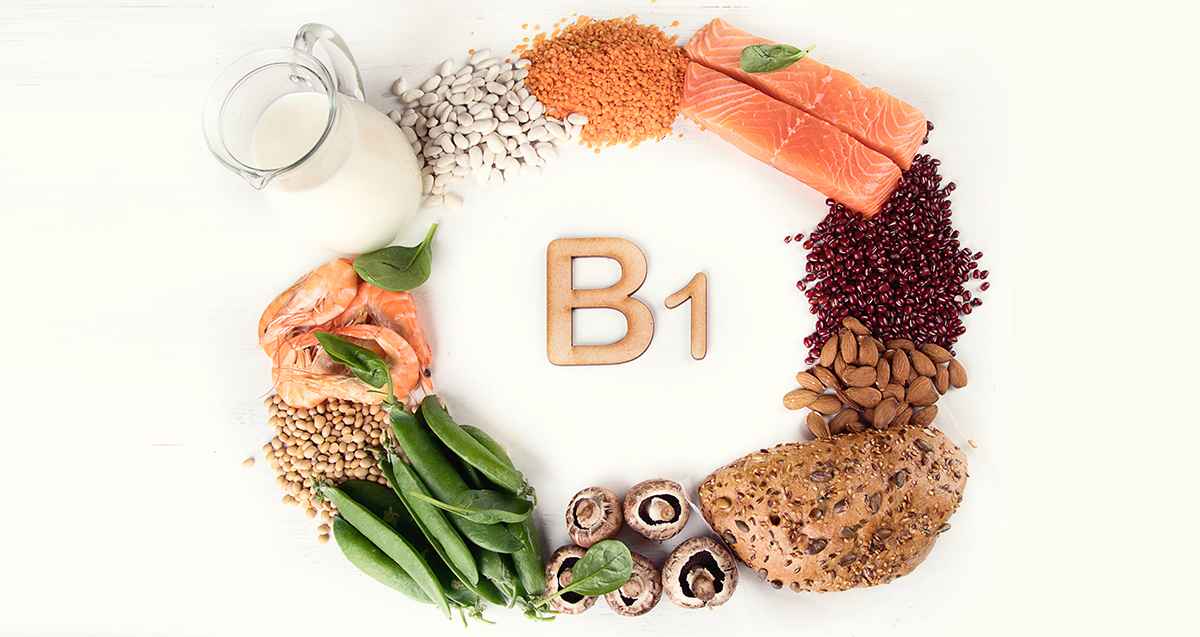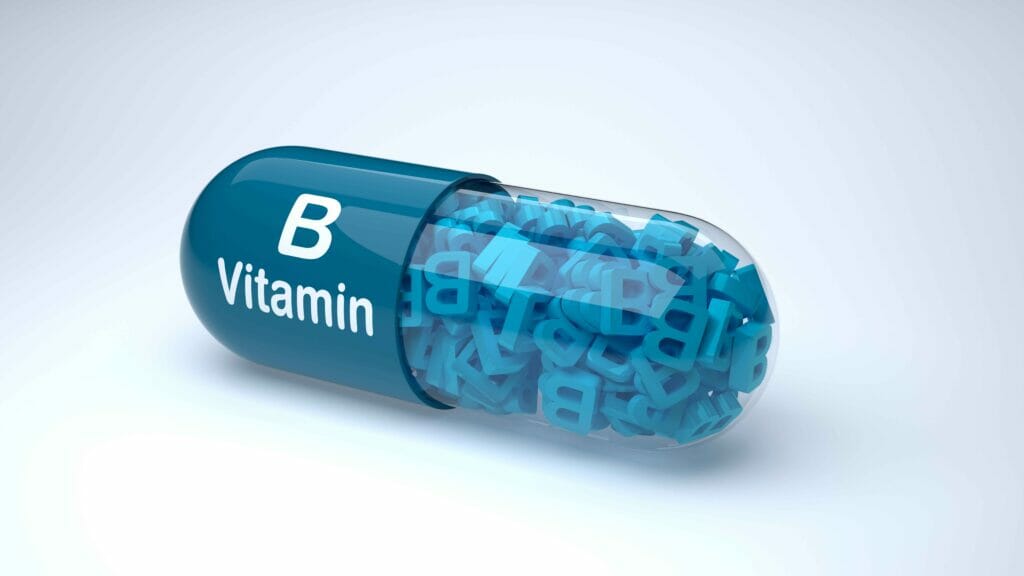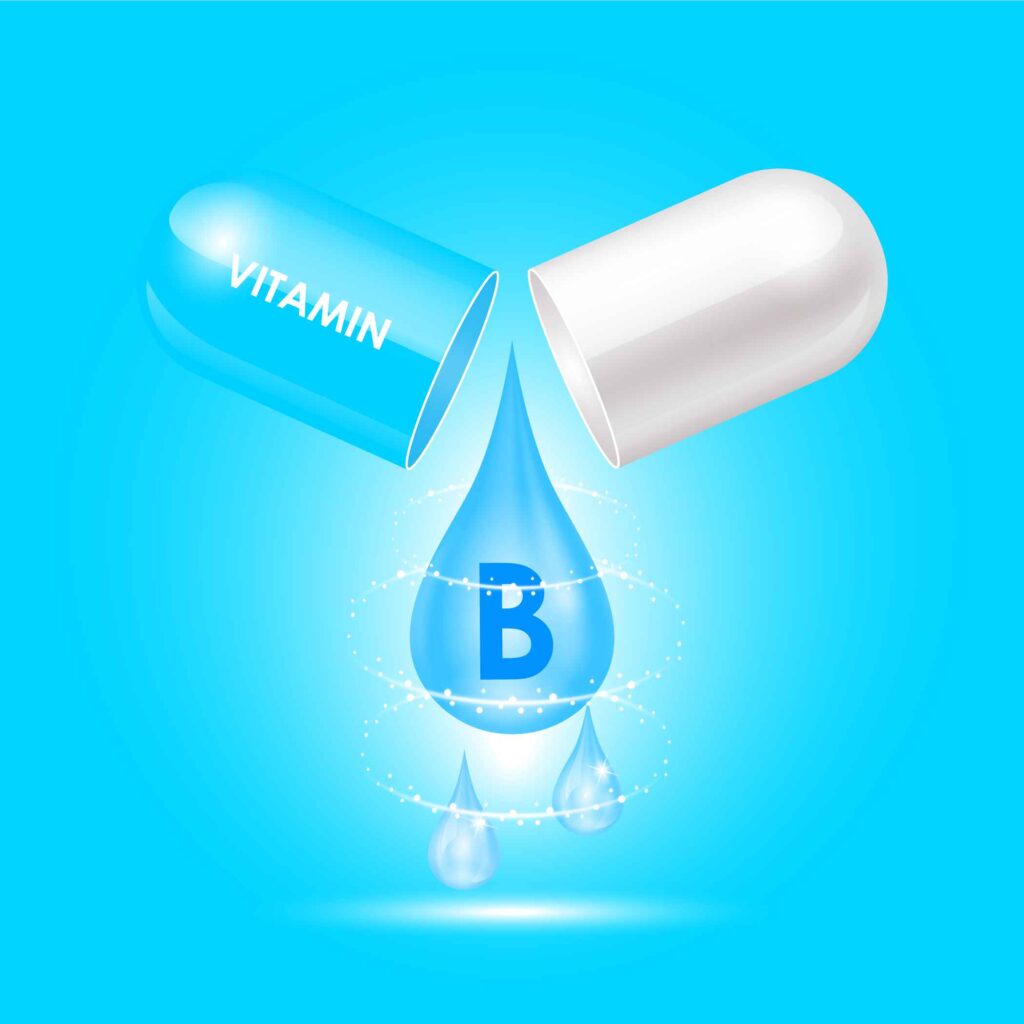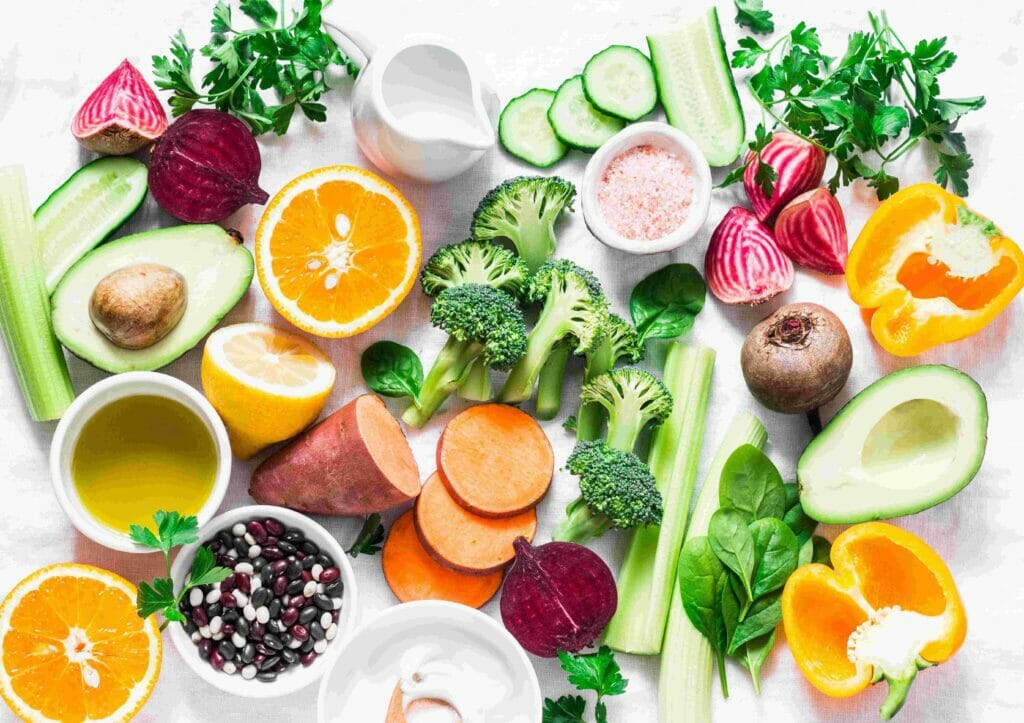
The Importance of Vitamin B1: Understanding the Role of Thiamine in Your Body
Vitamin B1, also known as thiamine, is crucial to the body’s overall health and well-being. In this comprehensive guide, we will delve into its significance, the signs and symptoms of its deficiency, and the benefits it offers. We will explore the various sources of Vitamin B1, how cooking and processing affect its content in food and the recommended daily intake for different age groups.
Index:
. What is Vitamin B1?
. Signs and Symptoms of Vitamin B1 Deficiency
. Why is Vitamin B1 Important?
. How to Get Enough Vitamin B1?
. Rich food sources of Vitamin B1
. Impact of cooking and processing on Vitamin B1 content
. Recommended daily intake for different age groups
. Choosing a Vitamin B1 Supplement
. Risks and Precautions
. Conclusion
. Product Mentioned in this Blog
. FAQs
What is Vitamin B1?
Vitamin B1, or thiamine, is an essential nutrient that our body requires to convert carbohydrates into energy. It is a water-soluble vitamin with a complex chemical structure. This section will provide an overview of Vitamin B1 and its crucial role in various bodily functions.

Signs and Symptoms of Vitamin B1 Deficiency
A deficiency of Vitamin B1 can lead to a range of health problems. This section will discuss the common signs and symptoms to look out for, such as fatigue, muscle weakness, and mental confusion. Understanding these indicators can help identify and address a potential Vitamin B1 deficiency.
Why is Vitamin B1 Important?
Vitamin B1 offers numerous benefits for our overall health and well-being. It improves energy levels, enhanced cognitive function, better metabolism, and improved cardiovascular health are some advantages associated with Vitamin B1.

How to Get Enough Vitamin B1?
Ensuring an adequate intake of Vitamin B1 is crucial for maintaining optimal health. This section will provide a list of rich food sources that contain it, along with their respective quantities.
Rich Food Sources of Vitamin B1
There are several Vitamin B1 rich foods that can provide you with an abundant supply of Vitamin.
Whole grains like brown rice, oatmeal, and whole wheat bread are excellent sources. Legumes such as lentils, beans, and peas are also Vitamin B1 rich foods. Nuts and seeds like sunflower seeds and peanuts are rich in this essential nutrient. Additionally, lean meats like pork and poultry, as well as fish such as trout and salmon, can contribute significantly to your Vitamin B1 food intake.
Impact of Cooking and Processing on Vitamin B1 Content
The cooking and processing methods applied to foods can influence the Vitamin B1 content. High heat, extended cooking times, and excessive water can lead to a significant loss. Boiling foods can cause the vitamin to leach into the cooking water. On the other hand, steaming, microwaving, and stir-frying are cooking methods that help preserve nutrients to a greater extent.

Recommended Daily Intake for Different Age Groups
The recommended daily intake of Vitamin B1 can vary depending on age and specific circumstances. For adults, the average recommended intake is around 1.1 to 1.2 milligrams per day. Infants and children have lower requirements, ranging from 0.2 to 0.9 milligrams per day, depending on their age.
Pregnant and breastfeeding women may require slightly higher amounts, usually around 1.4 milligrams per day. It’s important to note that these recommendations are general guidelines, and individual needs may vary. Consulting with a healthcare professional can provide personalized recommendations based on specific factors.
Diataal is a Vitamin B1 tablet that provides a convenient solution to ensure you receive the necessary vitamins your body requires.

Each multivitamin tablet is carefully formulated to support your overall health and provide the nutrients your body needs to thrive.
Choosing a Vitamin B1 Supplement
A Vitamin B1 tablet can be an option for those who struggle to meet their daily requirements through diet alone. This section will explain the different vitamin B1 tablet available, highlighting their advantages and disadvantages. Additionally, valuable tips will be provided to help readers choose a high-quality supplement.
Risks and Precautions
While Vitamin B1 is generally safe, high doses can have potential risks and side effects. This section will outline these concerns and caution readers about the importance of moderation. It will also address individuals who should exercise caution when taking supplements and emphasize the need for consulting a healthcare professional beforehand.
Conclusion
In conclusion, Vitamin B1 is a vital nutrient that plays a significant role in maintaining our overall health and well-being. Experience the goodness of Diataal and prioritize your health with this innovative and convenient solution to meet your daily vitamin needs.
Product Mentioned in this Blog
Diataal NutriPop Multivitamin Tablets
FAQs
1. Can a vitamin B1 deficiency lead to serious health problems?
Yes, a deficiency in Vitamin B1 can lead to serious health problems, like neurological issues, heart failure, and energy metabolism disruptions.
2. Can I take Vitamin B1 with other supplements or medications?
Yes, in general, it is safe to take Vitamin B1 with other supplements or medications. However, it’s always advisable to consult with a healthcare professional.
3. Can I get enough Vitamin B1 from my diet alone?
It is possible to get enough Vitamin B1 from your diet alone by incorporating foods rich in this nutrient, such as whole grains, legumes, nuts, and lean meats.



